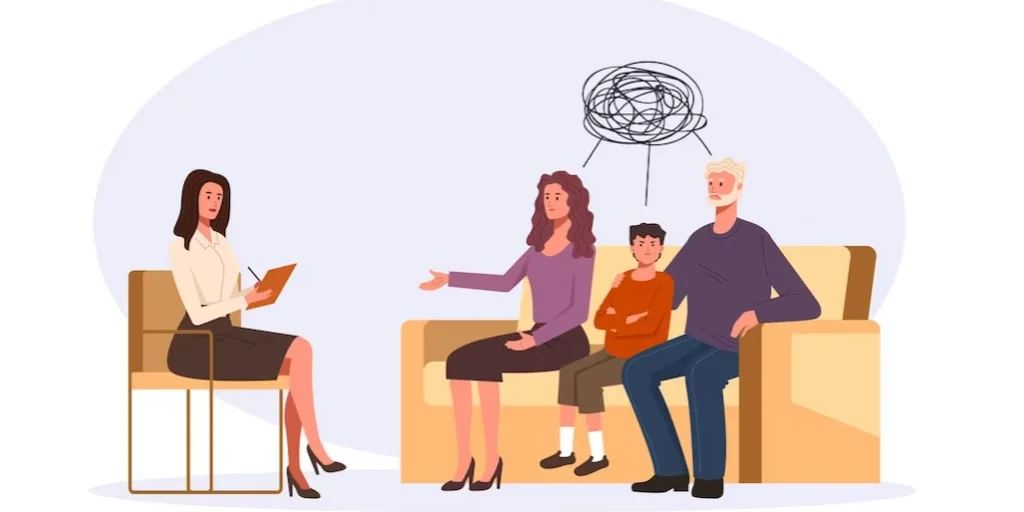24/7 Helpline:
(866) 899-221924/7 Helpline:
(866) 899-2219
Learn more about Eating Disorder Treatment centers in Gunnison
Eating Disorder Treatment in Other Cities

Other Insurance Options

Providence

Magellan

BlueCross

Medical Mutual of Ohio

ComPsych

Kaiser Permanente

WellPoint

United Health Care

GEHA

UMR

Health Partners

CareFirst

Health Choice

Absolute Total Care

Excellus

Carleon

Aetna
Beacon

Meritain

Group Health Incorporated

The Center for Mental Health
The Center for Mental Health is a non-profit organization and is governed by a board of directors re...

Teocalli Treatment Options
Teocalli Treatment Options offers outpatient treatmnet for individuals with alcohol and/or substance...

The Center for Mental Health – Crystal Hall
The Center for Mental Health is a non-profit organization and is governed by a board of directors re...































































